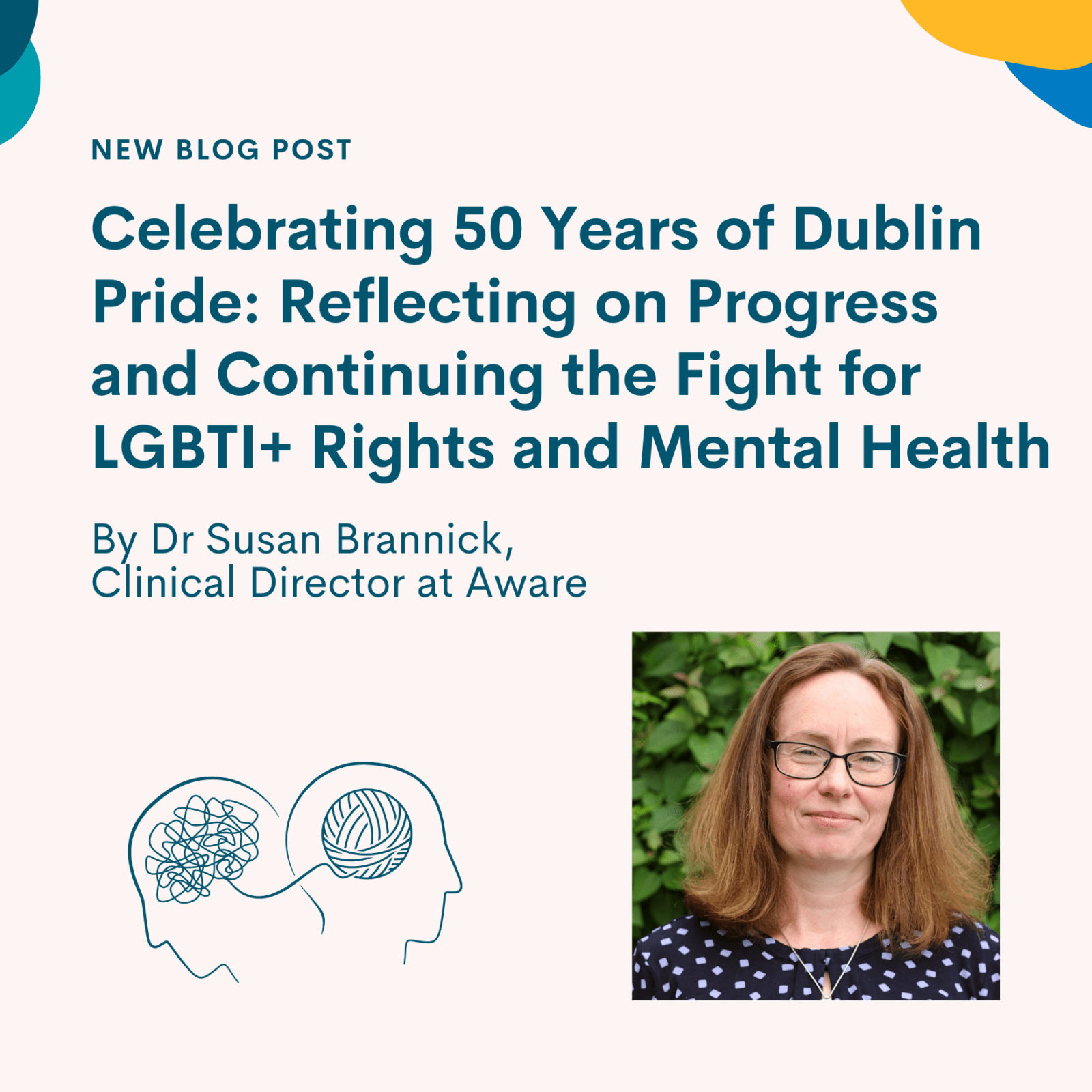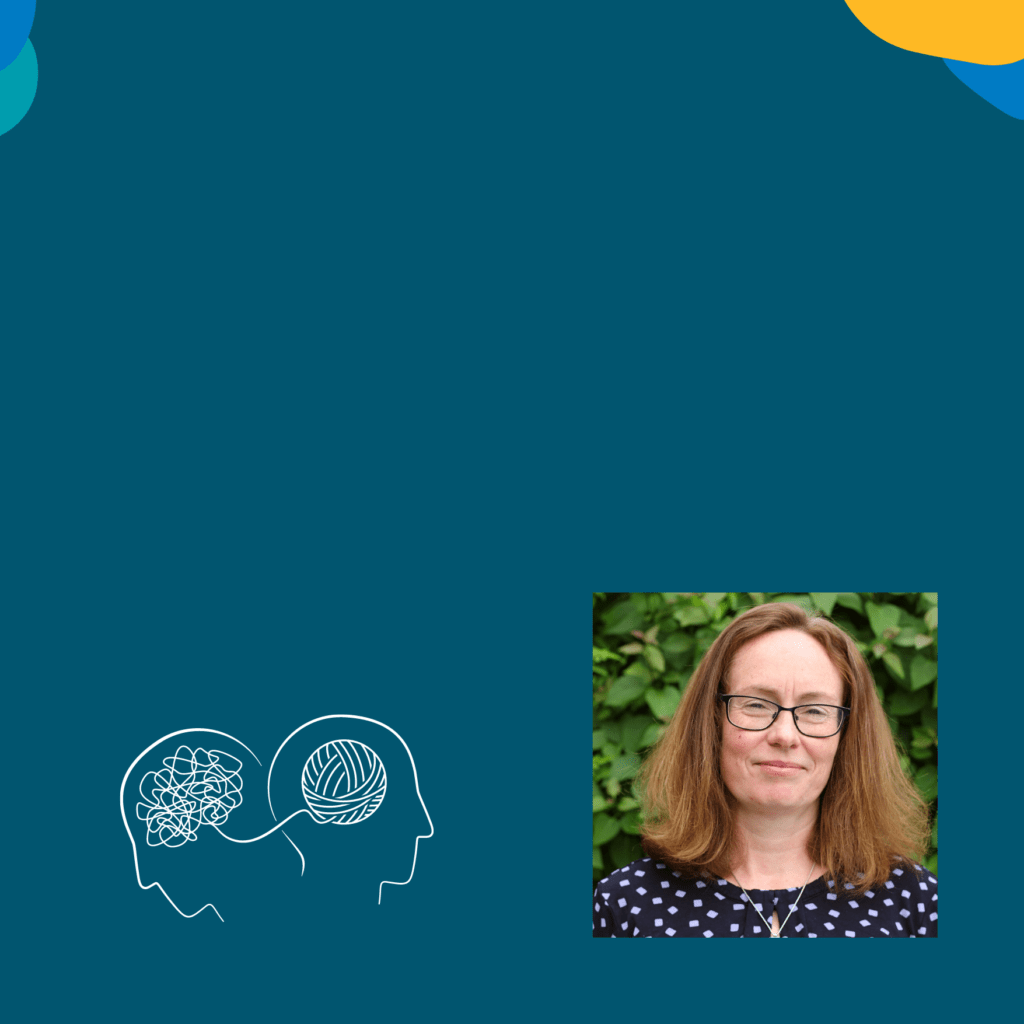
Dublin Pride celebrates 50 years of LGBTI+* Pride celebrations and activism this month. Events take place over the course of the month, with the Pride parade happening on Saturday June 29th. LGBT rights advocate and founding editor of Gay Community News, Tonie Walsh, describes what Pride means to him;
“It is at once a political protest at unfinished business, a street rave, a family day out, a chance to catch up with friends (and even ex-lovers). It is a necessary corrective to often drab street life and pervasive heteronormativity. It is a time to celebrate – come what may – our relationships and our families, both biological and logical.”
Whilst it might seem surprising today, the Diagnostic and Statistical Manual (DSM) – The American handbook of mental disorders included homosexuality as a disorder until 1973. Its removal was instigated by activists who urged the APA to integrate more up to date research on sexuality as well as arguing that the medicalisation of homosexuality was driving stigma and discrimination for this population.
The European equivalent handbook: the ICD, removed homosexuality as a mental disorder in 1990. In Ireland this was followed by the decriminalisation of male homosexuality in 1993. Whilst there have undoubtedly been significant strides to progress LGBTI+ rights and inclusion in the intervening years, the link between stigma and discrimination and the mental health of LGBTI+ people is sadly still highly relevant today.
Social issues that LGBTI+ people face can include institutionalised prejudice, social stress, social exclusion, homophobic and transphobic hatred, bullying, and violence. That social circumstances could influence an individual’s mental health rather than psychological distress being a consequence of being LGBTI+ per se, reflects not just better understanding of LGBTI+ issues but also the ongoing evolution of understanding of mental health and its social determinants and something that I covered in my more recent blog post.
A recent study carried out by Trinity College in conjunction with Belong To explored mental health in the LGBTI+ community and found that 27% experienced severe or extremely severe symptoms of depression and 34% experienced severe or extremely severe symptoms of anxiety. Around a quarter of respondents had made a suicide attempt and 64% had thoughts of suicide. These are concerning findings and speak to the need for improved access to mental healthcare as well as the need to tackle stigma and discrimination at a societal level.
Tackling stigma goes beyond the need for conversations at community level however and needs to focus on systemic and institutionalised discrimination. We know that as well as the LGBTI+ community, women in Ireland also face a range of societal challenges that have adverse impacts on health both mental and physical, as the recent case evoking strong public outrage on the leniency of the conviction for a violent offence highlights the intersection of many of these issues.
The contribution and influence of adverse events growing up and in current social circumstances to mental health has been consistently identified across the research into depression, anxiety and related mental health conditions. For further information on issues facing the LGBTI+ community please visit our webinar from this month. And as we move into the summer months, our webinar series will focus on trauma and attachment and mental health to explore these ideas in more depth. Further information can be found here.
Happy Pride!
*LGBTQI+ stands for lesbian, gay, bisexual, transgender, queer/questioning and intersex with the + signifying inclusivity to all sexual and gender identities
This blog is by Dr Susan Brannick, Clinical Director at Aware as part of a monthly blog series.


